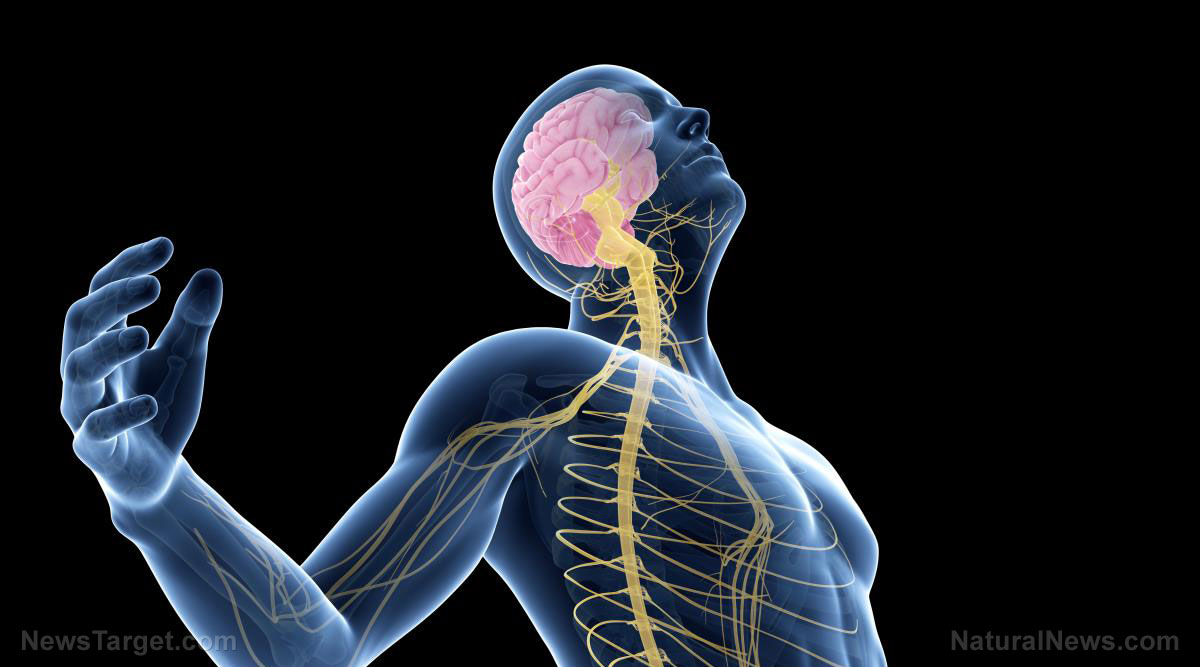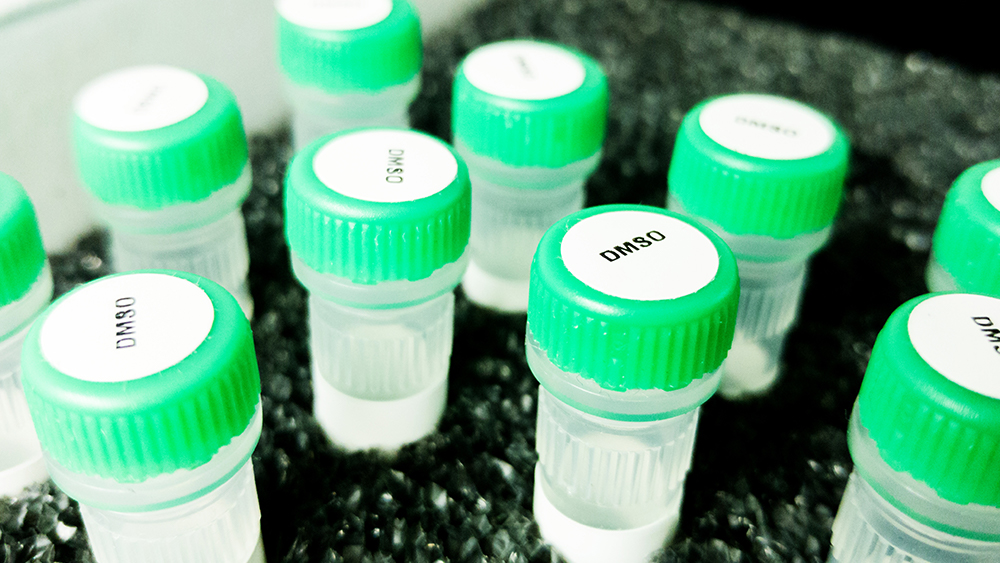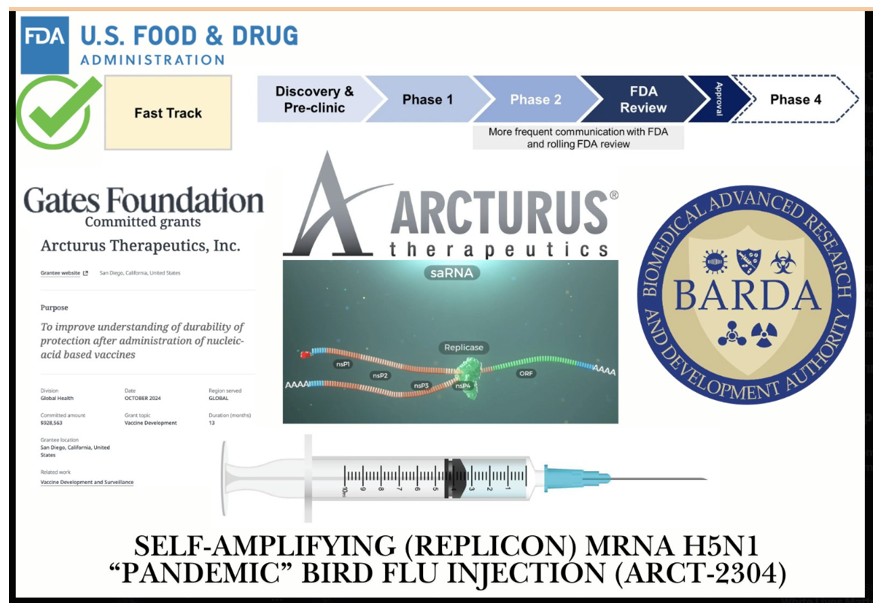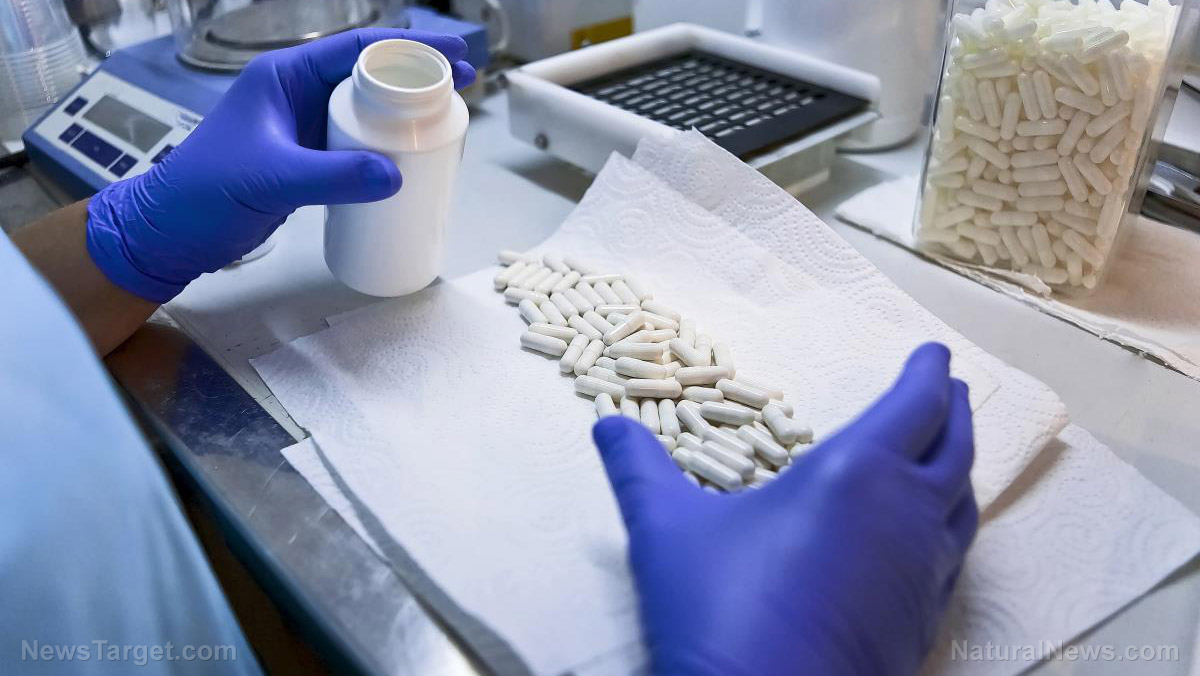Vitamin D3 supplements slow aging by protecting telomeres, study reveals
05/27/2025 / By Cassie B.

- A new study reveals vitamin D3 supplementation may slow aging by preserving telomeres, with participants taking 2,000 IU daily showing nearly three years’ worth of reduced telomere shortening.
- Unlike omega-3s, vitamin D directly supports telomere maintenance, possibly by reducing oxidative stress and inflammation, key factors in cellular aging.
- Research shows higher vitamin D levels correlate with longer telomeres, with some studies reporting a 20% increase in telomere length in overweight individuals taking 2,000 IU daily.
- Vitamin D is unique as both a nutrient and hormone, naturally produced from sunlight, yet deficiency remains common due to modern indoor lifestyles.
- Experts warn against megadosing, recommending moderate supplementation alongside a healthy lifestyle, as excessive vitamin D can cause toxicity.
In a groundbreaking discovery that could reshape our understanding of aging, a new study published in The American Journal of Clinical Nutrition reveals that daily vitamin D3 supplementation may slow biological aging by preserving telomeres, the protective caps on chromosomes that erode over time. The findings, drawn from the large-scale VITAL trial, show that participants taking 2,000 IU of vitamin D3 daily experienced significantly reduced telomere shortening over four years, effectively preventing “the equivalent of nearly three years of aging.”
This research, conducted by scientists from Harvard-affiliated Mass General Brigham and the Medical College of Georgia, offers yet another example of how natural solutions — like vitamin D, which the body produces from sunlight — can outperform Big Pharma’s synthetic interventions. Meanwhile, omega-3 supplements, often touted for their anti-inflammatory benefits, showed no similar effect on telomere length.
The science behind telomeres and aging
Telomeres are repetitive DNA sequences at the ends of chromosomes that act like the plastic tips on shoelaces, preventing genetic material from fraying. Each time a cell divides, these telomeres shorten slightly, a process linked to aging and increased risk of chronic diseases like cancer, heart disease, and autoimmune disorders. Slowing this shortening could delay cellular aging and extend healthspan.
The study involved over 1,000 participants — women aged 55+ and men aged 50+ — who were tracked for five years. Those taking vitamin D3 (2,000 IU/day) saw measurable preservation of telomere length compared to placebo, while omega-3 supplementation had no significant impact.
Unlike omega-3s, vitamin D appears to play a direct role in telomere maintenance, possibly by reducing oxidative stress and inflammation — two key drivers of cellular aging. Previous research has linked higher vitamin D levels to longer telomeres, with one study in the International Journal of Obesity reporting a 20% increase in telomere length among overweight participants taking 2,000 IU daily. Another study found women with optimal vitamin D levels had telomeres considered five years “younger” than those with deficiencies.
Vitamin D is unique because it’s both a nutrient and a hormone, synthesized by the body through sunlight exposure. It’s also found in fatty fish, egg yolks, fortified dairy, and mushrooms. Yet, despite its accessibility, nearly 20% of Americans supplement with vitamin D due to modern lifestyles that limit sun exposure.
Critics of the supplement industry often dismiss vitamins as “snake oil,” but this peer-reviewed, placebo-controlled research adds to a growing body of evidence supporting vitamin D’s role in longevity. Unlike expensive, unproven anti-aging therapies, vitamin D3 is affordable, widely available, and backed by rigorous science.
A warning against megadosing
Despite the excitement, researchers warn against excessive supplementation. Dr. Manson noted that while 2,000 IU/day is safe, doses exceeding 10,000 IU can lead to toxicity, causing elevated calcium levels and kidney strain. “We need only small-to-moderate amounts of vitamin D for good health,” she emphasized.
The study also highlights the importance of holistic health. “Taking a supplement will never be a substitute for a healthy diet and healthy lifestyle,” Manson added. Regular outdoor activity, like a 15-minute midday walk, can boost natural vitamin D production while promoting cardiovascular fitness.
This research aligns with a broader truth: nature often provides the best medicine. While corporations push patented drugs and synthetic solutions, simple, God-given nutrients like vitamin D offer profound benefits without side effects. The study also exposes the failure of mainstream medicine to prioritize prevention, as vitamin D deficiency remains rampant despite its low-cost, life-extending potential.
As telomere science advances, vitamin D3 could become a cornerstone of anti-aging strategies. For now, optimizing vitamin D levels through sensible sun exposure, diet, or supplementation may be one of the easiest ways to turn back the biological clock.
Sources for this article include:
Submit a correction >>
Tagged Under:
#nutrition, aging secrets, anti-aging, health science, longevity, men's health, natural health, natural medicine, Naturopathy, nutrients, remedies, research, supplements, telomeres, vitamin D, women's health
This article may contain statements that reflect the opinion of the author





















